God save us all, for nothing should save the monarchy
A hereditary head of state is antithetical to Australia’s democratic system and egalitarian ethos.
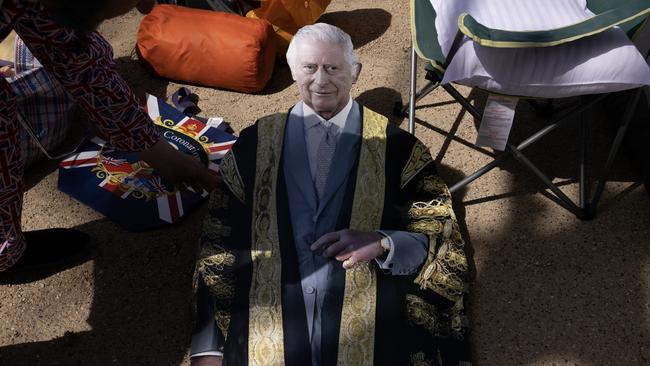
There are fervent loyalists, to be sure, and some who harbour antipathy, but most Australians seem largely uninterested except for the occasional scandal or episodes of pomp and circumstance such as we are seeing in London this weekend. Republicans, like me, must accept that the wonderfully phlegmatic patriotism that spares us the jingoistic excesses of other nations also tends to ensure we are unruffled by the colonial overhang of our constitutional monarchy.
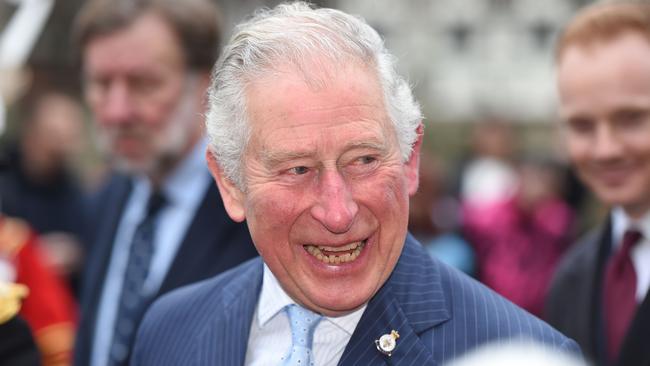
Our antipodean advantage is that we accept the conferred institutional stability of the royal oversight while leaving the castles and circuses to the other side of the world. Yet perhaps we are entering a watershed period that could see attitudes shift. It is not just about the passing of the longest serving and most widely respected British monarch, and the coronation of her flawed and sometimes friendless heir – it is also about the digital age. Just as media, politics and personal relations have been turned on their heads in the social media age, so too has the monarchy.
Heads of state who were once deliberately mysterious and remote figures, known more by their authority than their character or foibles, now invite the contempt that is bred from familiarity.
If the Windsors desire longevity for their privileged lifestyles and roles, they would do all they can to keep their personal thoughts, peccadillos and diversions out of public view. But they are like moths to the flame in this selfie age; by accident and by design they have shared more with us than we ever cared to know. We are left in the rather unsatisfactory and mildly amusing situation where a new head of state, whom we have heard fantasising about being his mistress’s tampon, dons robes and feigns piety while asking us for a public pledge of personal allegiance. Yeah, no worries, mate. This is a man who talks to plants and boasts of running his car on wine and cheese. Yet in the coronation ceremony he will be styled as the “defender of all” deserving of homage from the people.
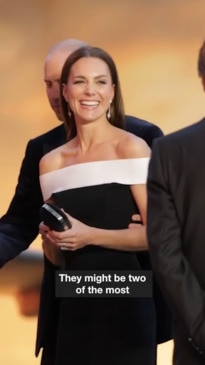
After 70 years without a coronation, most of us have not confronted such silliness before. Unless we have been sworn into parliament, or been in the military, none of us has had any cause to swear allegiance to the monarch. As someone who has been interested in politics since I could read, and who has bristled at the monarchy since putting up with God Save the Queen during a brief stint at Scouts as an eight or nine-year-old, I can say the swearing-in ceremonies for politicians always worried me.
Fortunately, I will never have to confront this conundrum, but it must be extremely irksome to do all the hard and democratic legwork of getting elected and then be forced to make a pledge to an undemocratic head of state to take your place in parliament.
It is counterfactual, paradoxical and insulting in many ways. But clearly many republican politicians have done this, making a commitment they manifestly do not believe, somehow rationalising a holding position, or crossing their fingers.
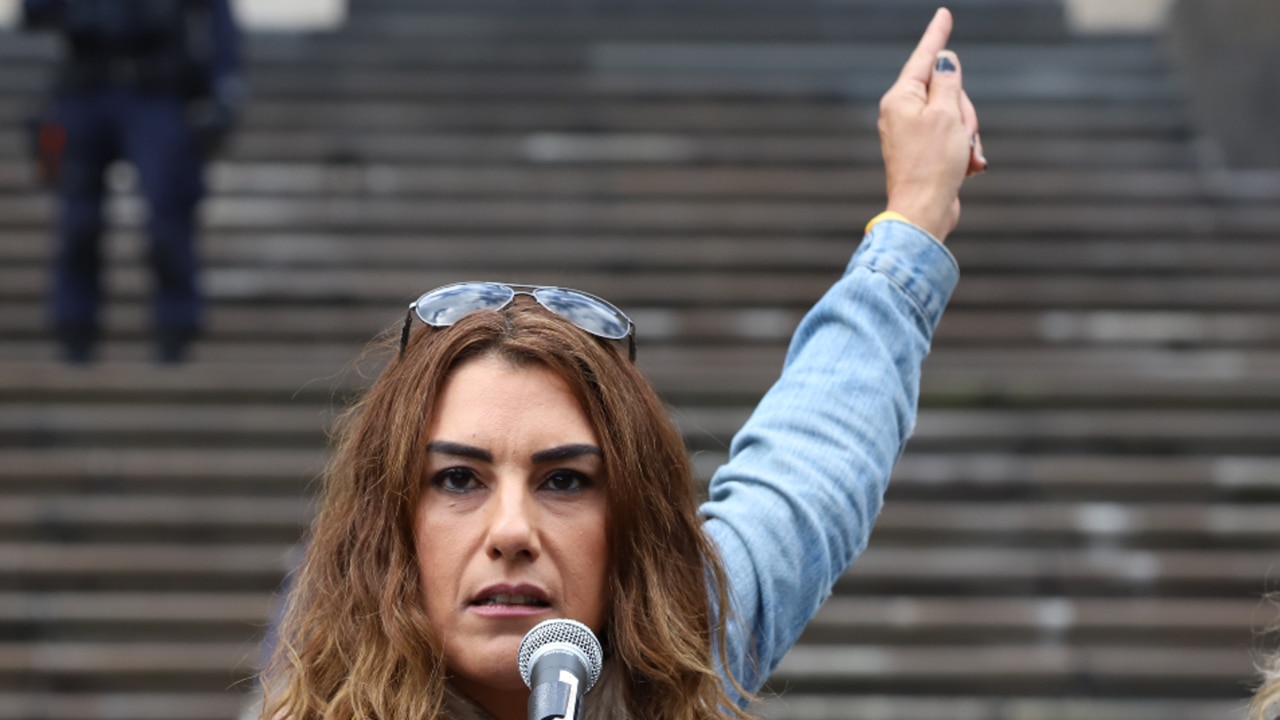
It is unsatisfactory that we put our politicians in this position – they should have the option at least of just swearing allegiance to their country. (And no, there is no excuse for the shenanigans of senator Lidia Thorpe at her most recent swearing-in because she used the occasion for base politicking while making a pledge she not only knew was mandatory but also had made previously.)
Here we are in the Antipodes, a vibrant, prosperous, multicultural, and multi-denominational nation, and we are being invited by the Archbishop of Canterbury to pledge our “true allegiance” to a rather odd 74-year-old man who heads the Church of England and is head of state to the United Kingdom and other nations.
It is not for nothing that the brilliant inanity of Monty Python’s Flying Circus came from England.
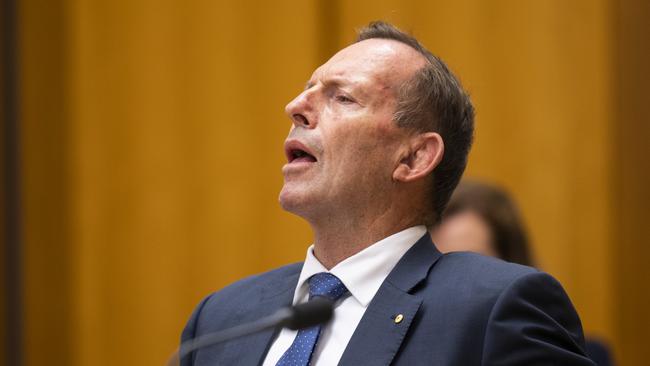
It strikes me as passing strange that many of the same people who suggest this bizarre commitment is not only sensible but also advisable have of late been arguing that allowing Indigenous people to have a constitutionally enshrined but non-binding say on laws and policies that affect them would undermine our system of government and entrench inequality.
Former prime minister and leading monarchist Tony Abbott juxtaposed the monarchy and the voice this week when he travelled to Canberra to put his case against the voice to a parliamentary committee. This arch-monarchist attacked the voice because it involved a form of hereditary entitlement (I kid you not) that he likened to Britain’s upper house.
“The House of Lords, at least prior to reforms in the late 1950s, was entirely hereditary,” Abbott said, “and this voice will be hereditary, in the sense that to be a member of the voice, you have to have Indigenous ancestry – to that extent it is an entirely accurate comparison.”
So, a leading politician who continues to campaign vigorously for Australia to remain subjugated to the authority of an inherited monarch now rails against the inherited rights of our Indigenous people. There is chutzpah in this approach, but also intellectual inconsistency and double standards.
This takes us to the heart of the debate about the monarchy. While property, citizenship and Indigenous land and heritage rights can and should be passed from generation to generation through inheritance, how can we abide political power being treated in that way? Is this not antithetical to our system of democratic power, our ethos of egalitarianism, our focus on merit and the principle of equality under the law?
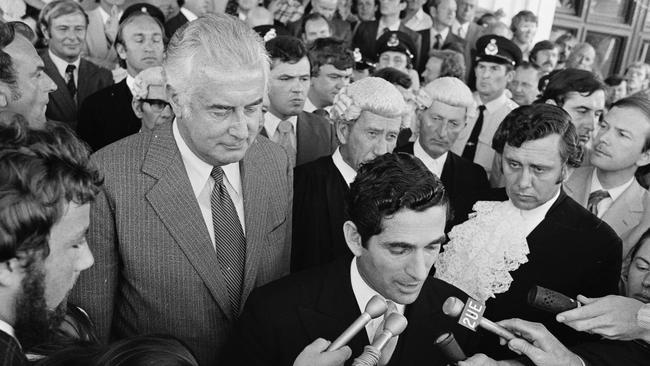
While this grates with me daily, I accept that it is hardly front of mind for most Australians. This is largely because our system has worked relatively efficiently and the royal prerogative has been exercised by the governor-general over an elected government only once, in the upheaval of the 1975 dismissal. Also, for 70 of our 78 post-war years, the monarch was Queen Elizabeth II, who was a pillar of dignity, consistency and useful aloofness.
As the heir apparent, and even since his ascension, King Charles III has been an active promulgator of climate alarmism, impractical emissions reduction responses and apparently a critic of refugee policies – dabbling in some of the most contentious political issues of our time. This is unwise.
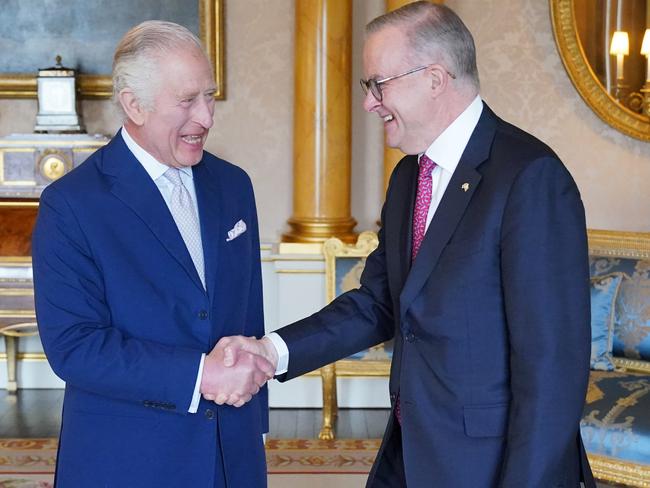
Many, if not most, Australians will enjoy the spectacle and sense of history around this weekend’s coronation pageantry, but the event may herald a new awakening about this institution as the ultimate authority in our system of government. In this respect the “homage of the people” may be precisely the wrong invitation at the wrong time.
In the coronation ceremony, the Archbishop of Canterbury, who is the clerical head of a church presided over by the monarch, will utter these words: “I call upon all persons of goodwill in the United Kingdom of Great Britain and Northern Ireland, and the other Realms (that sounds like us in Oz) and the Territories to make their homage, in heart and voice, to their undoubted King, defender of all.” A pledge of allegiance will then be made by anyone who feels the need (including our Prime Minister from his pew), a fanfare will be played and the congregation will declare, or I suppose, pray, “God save the King”.
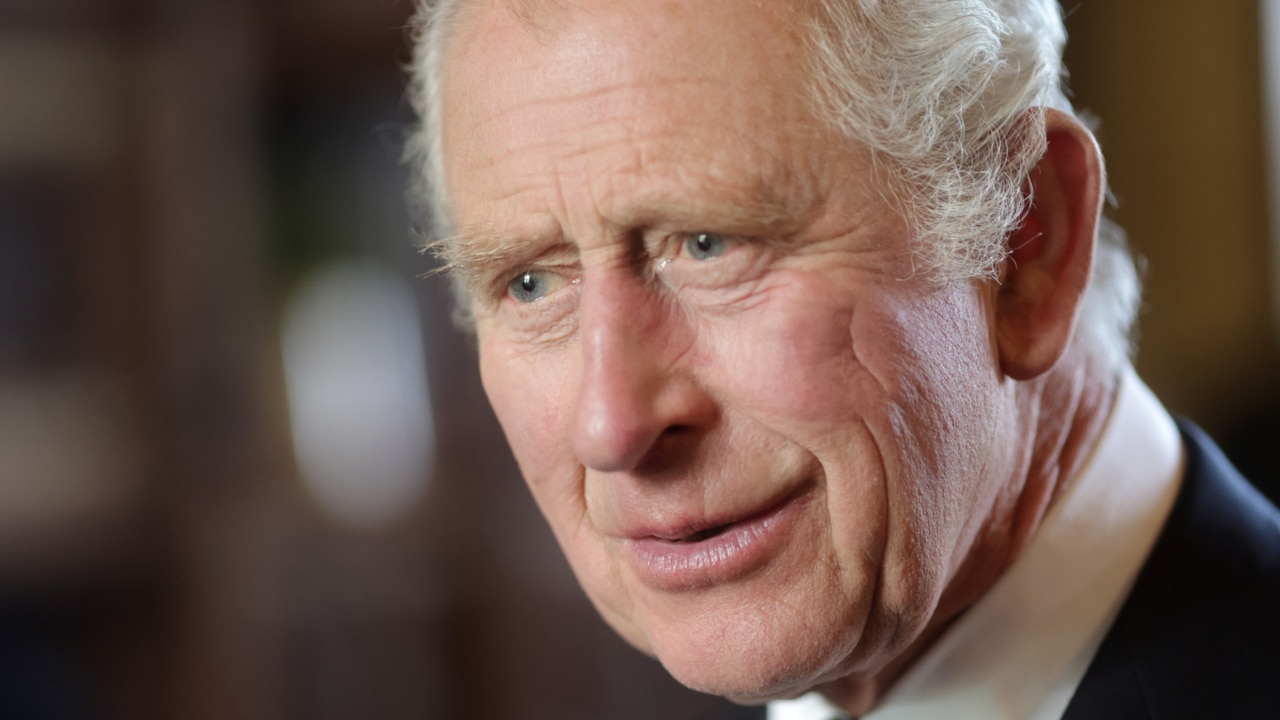
Rationally, we know this caper is absurd – Charles is no more or less of a human being than the rest of us, he is not our defender and cannot be relied on to safeguard any of us in any way, shape or form. I suspect few of us would want to share a sandwich with him, let alone offer him our undying allegiance. The homage insults people by promoting subservience, and it seeks to elevate to a supranatural level a person we all know has feet of clay; so it cuts right across this nation’s sense of egalitarianism.
Monarchists will argue that this is mere tradition, nobody should take it literally, and that the allegiance is to a system rather than a person or a foreign country, and they contend that the apolitical nature of the monarchy has served us well and should remain atop our system because if nothing is broken, nothing requires fixing.
If we all thought like that all the time, Australia never would have been settled, we would never have been to the moon, and the constitutional monarchy would not have evolved. Our ambition for our democracy, as all else, should be as natural as it is irresistible – constant improvement.


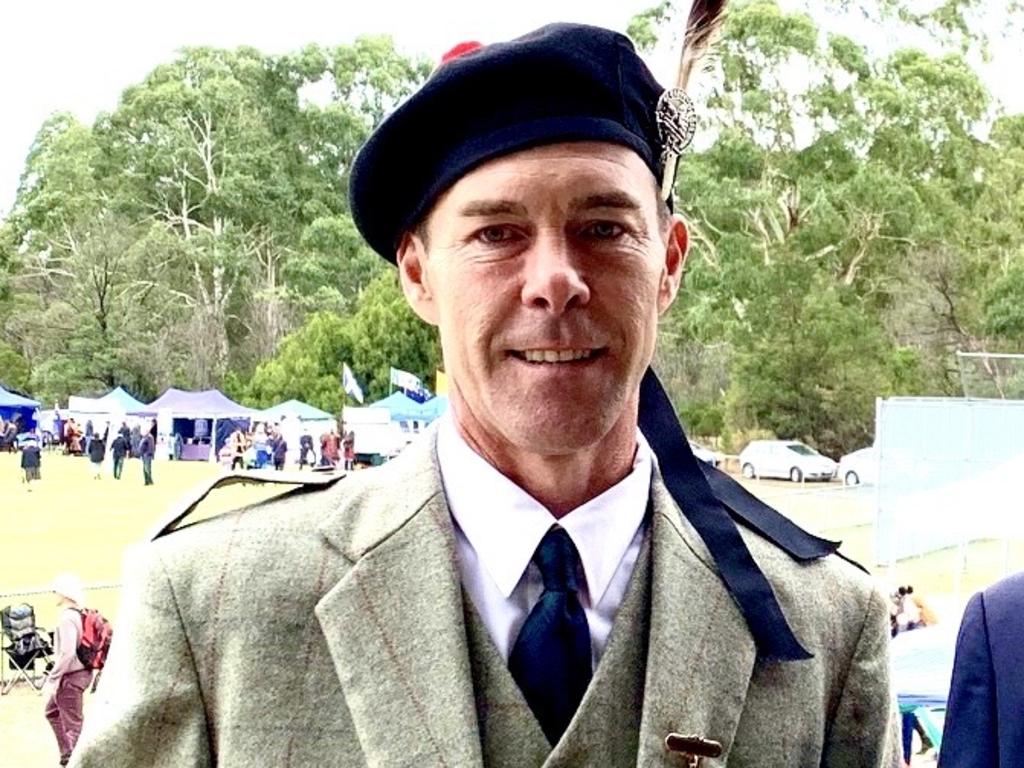
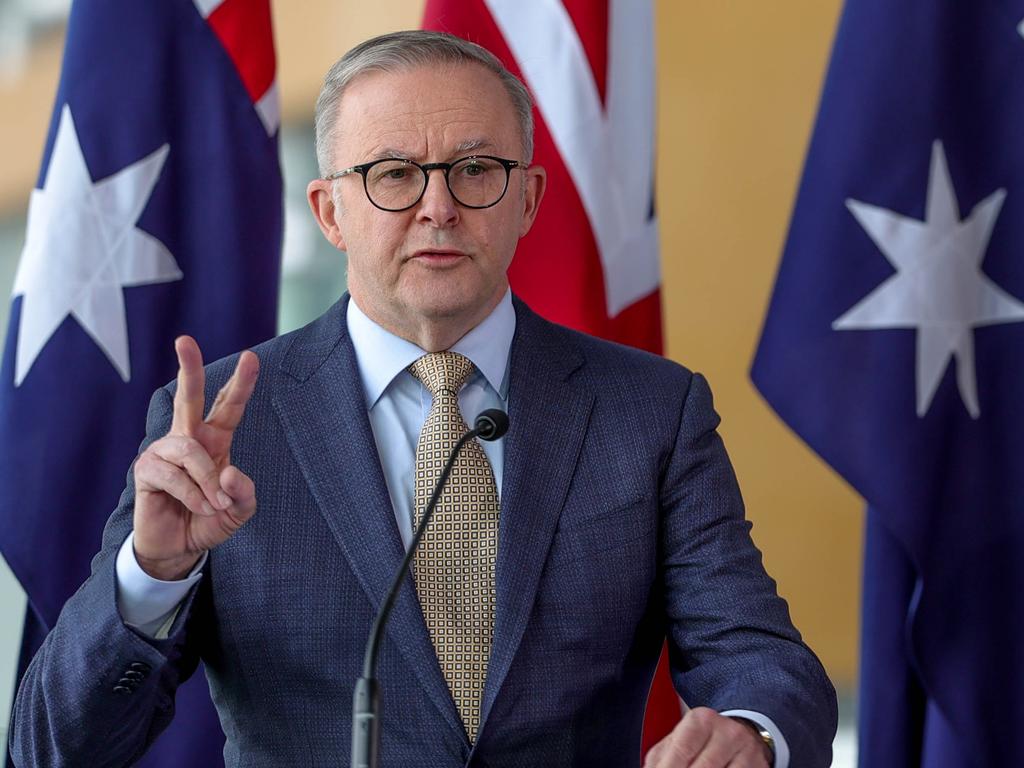




When it comes to the royal family, I suspect most people in this country are ambivalent at best.